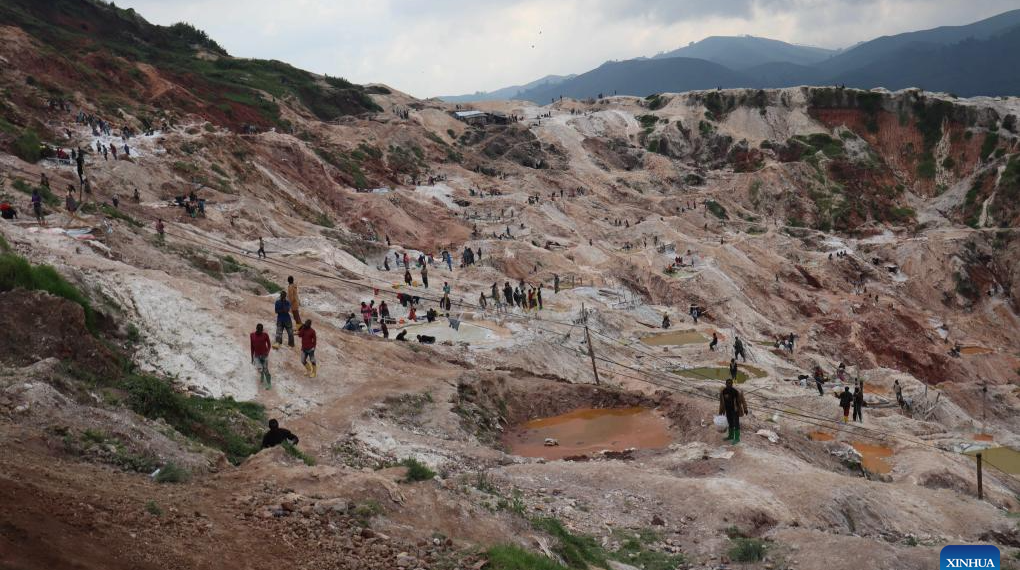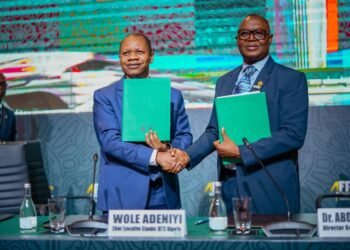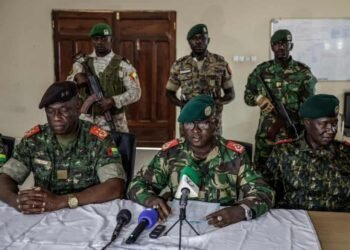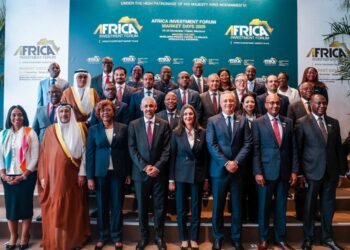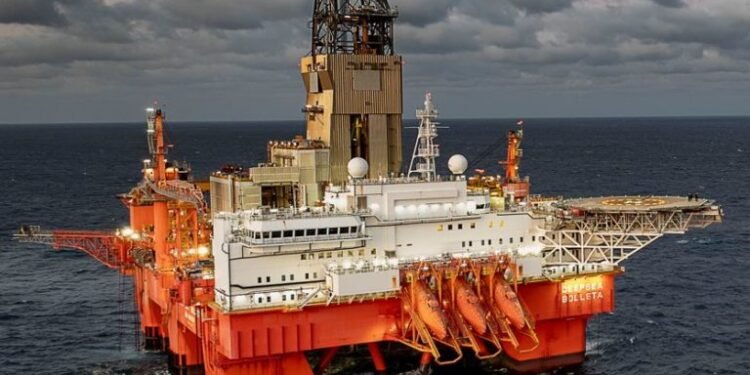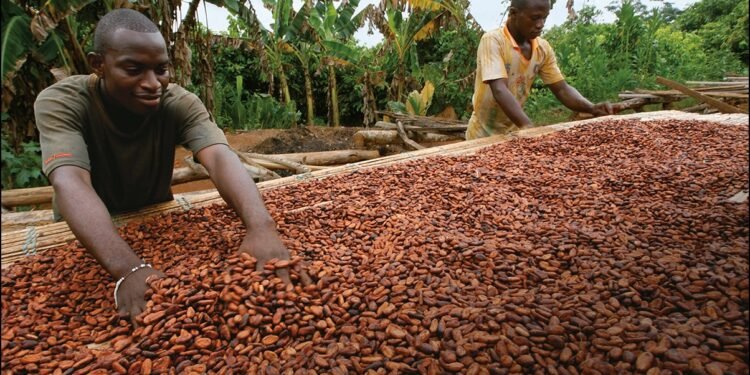In the lush, green terrain of Masisi territory in eastern Congo, the Rubaya artisanal mine buzzes with relentless activity. The roar of generators and the steady clang of tools fill the air as hundreds of men toil with bare hands to extract coltan, an essential mineral powering everything from smartphones to missile systems. This rare ore, critical to global electronics and defense industries, is at the heart of a deadly struggle that continues to tear the region apart.
Rubaya has found itself once again entangled in Congo’s long-running conflict. Rebel groups, particularly the Rwanda-backed M23 militia, have turned the area’s mineral wealth into a source of income, control, and chaos. Their resurgence has intensified fighting, displacing over 100,000 people this year alone and exacerbating an already dire humanitarian crisis affecting more than seven million people across the Democratic Republic of Congo.
In recent months, Congo’s President, Felix Tshisekedi, has looked to the U.S. for support, offering access to critical minerals in return for assistance in restoring security and combating armed insurgencies. While the official terms of the proposed deal with the Trump administration remain undisclosed, analysts suspect the Rubaya site could be among the mining areas included in the negotiations.
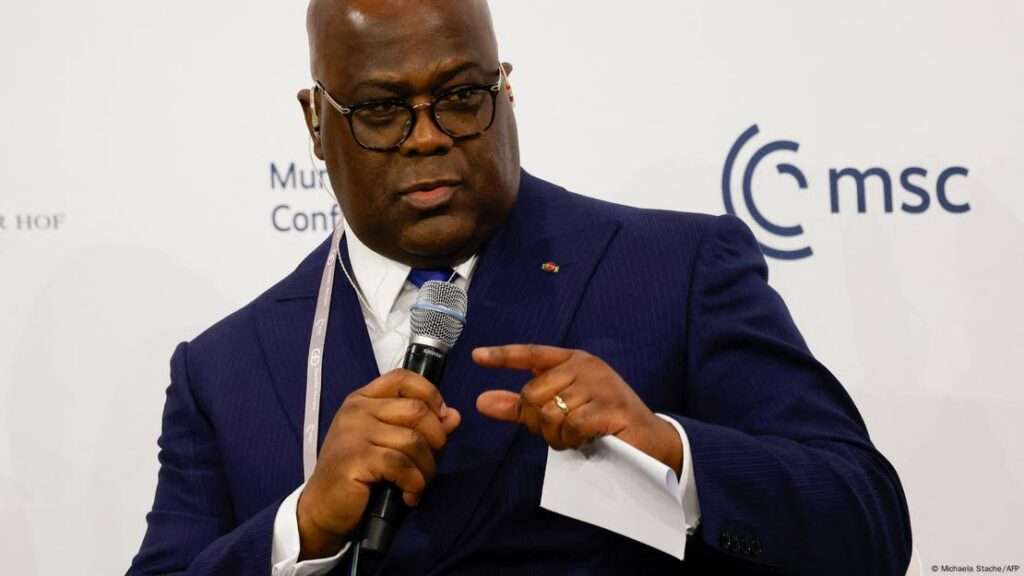
For decades, Rubaya has seen power shift between the Congolese government and armed factions. Over the past year, it has been under the control of M23 rebels, who earlier advanced into key cities such as Goma and Bukavu — an alarming development that underscored the group’s growing strength.
Despite Congo producing around 40% of the world’s coltan in 2023, according to the U.S. Geological Survey, the country remains impoverished. Over 70% of Congolese citizens survive on less than $2.15 a day.
For miners like Jean Baptiste Bigirimana, life remains unchanged despite the global value of their work. “I earn $40 a month, but that’s not enough,” he said.
“Children need clothes, education, and food. When I divide up the money to see how I will take care of my children, I realize it’s not enough.”
Jean Baptiste Bigirimana
Rubaya’s mines yield coltan used to extract tantalum and niobium. These are deemed critical raw materials by the United States, European Union, China, and Japan. Tantalum is found in mobile phones, computers, and aerospace equipment, while niobium is essential for rockets, pipelines, and jet engines. An executive order under President Donald Trump highlighted the strategic importance of securing U.S. access to these minerals, stating their necessity for both “modern life and military preparedness.”
Miners Struggle Amid Rebel Conflict
Yet, the journey of coltan from Congo to Western markets is anything but transparent. Since taking Rubaya in April 2023, the M23 has reportedly imposed taxes on the trade of around 120 tonnes of coltan each month, generating upwards of $800,000. According to U.N. investigators, most of this mineral is exported to Rwanda. Analysts claim that even before the rebels seized the mine, coltan was still being moved to Rwanda, albeit through Congolese intermediaries.
“The global coltan supply chain is pretty murky,” noted Guillaume de Brier, a researcher at the International Peace Information Service in Antwerp.
“From eastern DRC, coltan is bought by traders, mostly Lebanese or Chinese, who will sell it to exporters based in Rwanda. Exporters will then ship it to the UAE or China, where it will be refined into tantalum and niobium, and sold to Western countries as metals from UAE or China.”
Guillaume de Brier
Since M23 took control of Rubaya, Rwanda’s official coltan exports have reportedly doubled. Meanwhile, militia groups like the Wazalendo have also at times held the mine, though not without controversy.
Alexis Twagira, a veteran miner of 13 years, said the rebel occupation has brought relative stability. “When [Wazalendo] were here, they would harass us, sometimes taking our minerals and demanding money,” he recalled. “I’ve been working in this mine for 13 years, and I’ve worked under the Wazalendo. Things have improved under M23.”
The U.N. has accused both M23 and the Congolese army of widespread human rights violations, adding another layer of tragedy to a conflict driven by the pursuit of minerals that power the modern world.
READ ALSO: Investor Caution Deepens as Government Rejects GHS 2.59bn in Treasury Bids

